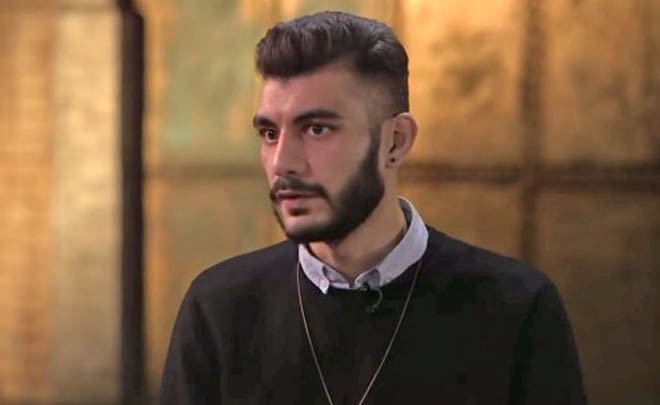
New revelations suggest that two key government ministers knew of financial irregularities in the Vote Leave campaign

Dear All,
Another week, and another whistleblower has come forward in the shocking Cambridge Analytica-Facebook data-Brexit scandal.
And another glimpse into how the media stands divided by politics: right wing outlets have downplayed, and even ignored, a story that details how campaign spending rules were breached and that alleges two British ministers were aware of these violations of electoral spending.
The second whistleblower is a young man named Shahmir Sanni who worked for the Leave campaign in the run-up to the Referendum in 2016. He was 22 then and was volunteering with Vote Leave, the official campaign to leave the European Union led by Boris Johnson and Michael Gove. Three months before the vote, one of the campaign’s senior directors (Stephen Parkinson) asked Sanni if he would help with one of their youth groups, BeLeave.
The young man began to work on BeLeave along with a young fashion student named Darren Grimes, who was a talented and effective designer and communicator on social media. About a month before the referendum they were told by another senior director at the campaign that ‘a sponsor wanted to give money to BeLeave and could they please write up a proposal?’ Vote Leave then ‘donated’ £625,000 to BeLeave. However the money was not handled by either of youngsters working on the youth campaign, and this is the crux of Sanni’s revelations: that this money was not a genuine donation but a way to channelise the money to a digital services firm linked to Cambridge Analytica (i.e. it was a way to overcome legal electoral spending limits).
Sanni told The Observer that he has come forward not just because of his unease that electoral spending rules were violated but also because he discovered that evidence was destroyed. He says there was a Google Drive on which he and Grimes had shared content with Vote Leave’s directors and the data analytics firm they used and that soon after the Election Commission decided to open an investigation into the ‘donation’ to BeLeave, the official campaign’s operations director had removed the Vote Leave’s officials’ names from the files (but the system had logged a record of her activity).
The official Leave campaign had insisted that BeLeave was a separate campaign organisation -- which means that they had separate spending limits. But if separate campaigns work together, they are obliged by law to declare their spending together, thereby reducing how much money they can put into their efforts. This was what the Leave campaign attempted to bypass.
So why is this important? Mainly because setting campaign spending limits is a way to try and level the playing field in electoral politics or as The Observer report put it "spending limits are the bedrock of our democracy".
The government reaction to this scandal has been a mixture of silence and outrage. The man who had asked Sanni to help with BeLeave is now special advisor to the prime minister and the denial he (Stephen Parkinson) issued in response to Sanni’s revelations quite unnecessarily outed Sanni. Parkinson attempted to muddy the waters by mentioning that he had dated Sanni. Outraged condemnation of this action by large sections of the press and public resulted only in the PM saying that she wouldn’t reprimand her advisor’s action because this was ‘a personal matter’.
Foreign Secretary Boris Johnson, meanwhile, continues to loudly proclaim the story to be "utterly ludicrous", and despite criticising Channel 4 news reports, he has so far refused to be interviewed by them on the matter. Michael Gove, Environment Secretary, has responded by ignoring the claims of maladministration or ‘cheating’, instead insisting the referendum "result must be respected".
Many inquiries into the data breach and the political campaign work undertaken by complex webs of tech data firms are now ongoing in several different countries. How Britain and the world respond to the situation is critical to the future of democratic systems. Because this is a wakeup call to societies and institutions; it is time to stop (or at least attempt to stop) elections becoming merely an investment opportunity for the most wealthy.
Best wishes